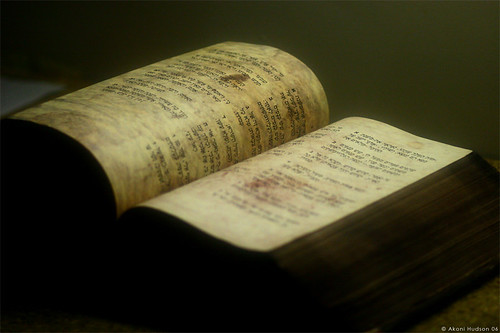Sadness is the enemy. After all, are we not here to make the world a better place? That means a place where everyone is happy.
The Torah says "
I have placed before you good and life and bad and death, therefore choose life." The definition of life is something which grows. Choose to live and grow, always reaching higher. Happiness is energy. You can measure how happy someone is by how energetic they feel. Sadness is withdrawl. A sad person doesn't want to do much of anything.
Since Tanya is a guide to good living, it understandably has a chapter about how to deal with sadness. It says that sadness comes from the evil in the world. People are sad because bad things happen.
But where does evil come from? Surely everything comes from G-d! The answer is that even bad comes from G-d, but what we see as bad is not really bad. If an ignorant man would walk into a room where a surgery is being performed he would think it very bad. A bunch of men in masks have restrained another man and knocked him out, then cut him open! But in fact it is very good. They are saving his life. When things appear bad to us, that is merely de to our lack of understanding. We fail to see the big picture. How this is really for the best. It is for this reason that Talmud says that we must bless G-d for the bad as well as the good.
But surely you cannot tell me that there is no bad in the world. You cannot ignore all of the suffering that people endure every day, from minor inconveniences to horrible atrocities. Even though G-d sees the good that will come from it, it does not take away the fact that it is painful. G-d can do anything. Why didn't he make it not hurt? There must be a purpose even for sadness. When a person is happy, they aren't very picky. They don't care about things as much because everything is going well for them anyways. When a person is sad, they are listing to themselves all the problems that they have, what's lacking in the world. In this frame of mind one can become consious that they are not all that they want to be themselves. It bothers them that they aren't trying harder, and so they do try harder. When things look bad, it is G-d's way of telling us that there is still more to be done, not to be complacent.
The pain of sadness is the vacuum between where you are and where you will be.
